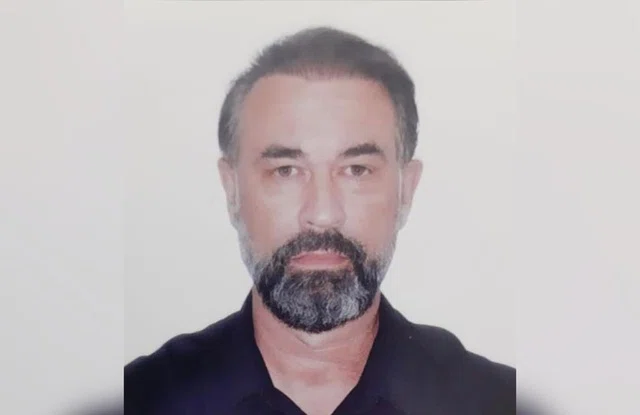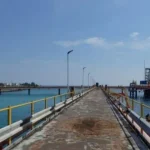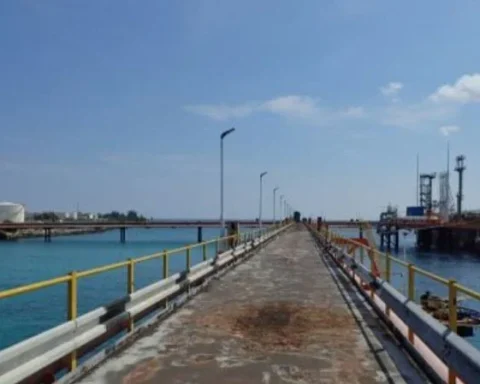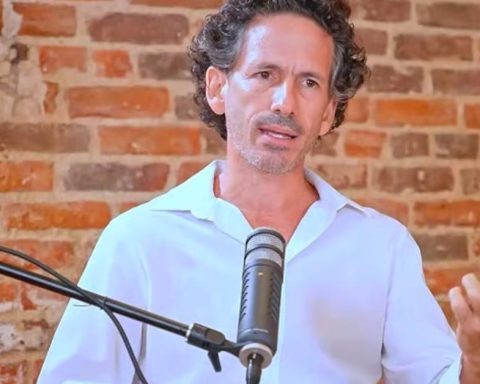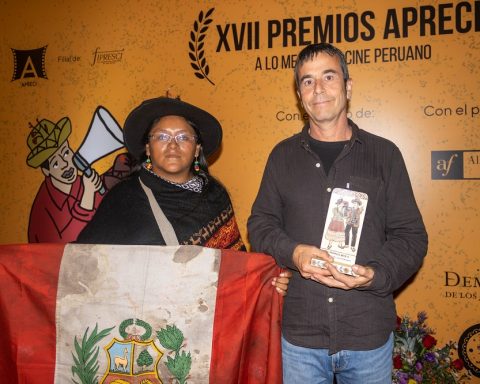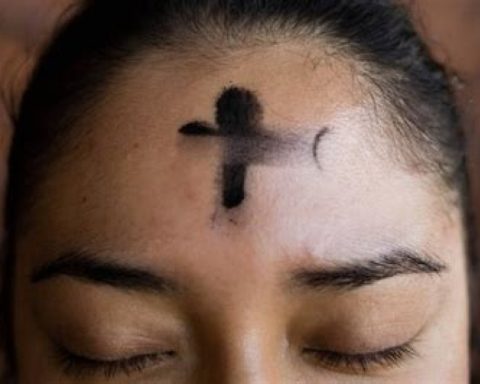The dictatorship of Daniel Ortega and Rosario Murillo expelled the resident delegate of the International Committee of the Red Cross (ICRC), Thomas Ess, María Cristina Rivera, Communications Coordinator for Mexico and Central America of the ICRC, confirmed to Article 66.
«The International Committee of the Red Cross (ICRC) confirms that it received a letter in which the Nicaraguan government notifies that it has decided to withdraw the approval of our head of mission in Nicaragua. We do not know the reasons for this decision that took us by surprise. Despite this situation, the ICRC ratifies its commitment to continue its humanitarian work in Nicaragua, adhering to its principles of neutrality, impartiality and independence,” Rivera told this media outlet.
Ess was appointed resident delegate for Nicaragua on January 31, 2021 after speculation that the international organization would complete its mission in Nicaragua.
“The ICRC has not finished nor does it plan to finish its work in Nicaragua, as some press releases have indicated. Our presence in the country continues and, through our mission in Managua,” the agency said in a press release.
Related news: Sandinista regime will decorate the regional head of the International Red Cross
Ironically, on March 13, Ortega Foreign Minister Denis Moncada awarded the order “José de Marcoleta, in the Degree of Grand Cross” to the head of the regional delegation of the International Committee of the Red Cross (ICRC) for Mexico and Central America. , Jordi Raich, who concluded his four-year mission in the country.
According to Managua, during his administration (in the period 2018-2022), the regional head of the International Red Cross “was noted for maintaining a respectful, frank, permanent collaboration, demonstrating the commitment and solidarity of the ICRC, with the people and Government of Nicaragua”.
The ICRC is the only international organization that has maintained a presence in Nicaragua since the April 2018 crisis. The regime had allowed its officials to visit political prisoners in the country’s prisons, verify their state of health and the sanitary conditions of the cells. .
The relatives of the prisoners of conscience maintained active communication with the ICRC, which informed them about the real state of their relatives who remained in captivity. They even accompanied the releases made by the dictatorship in 2018 and 2019.
